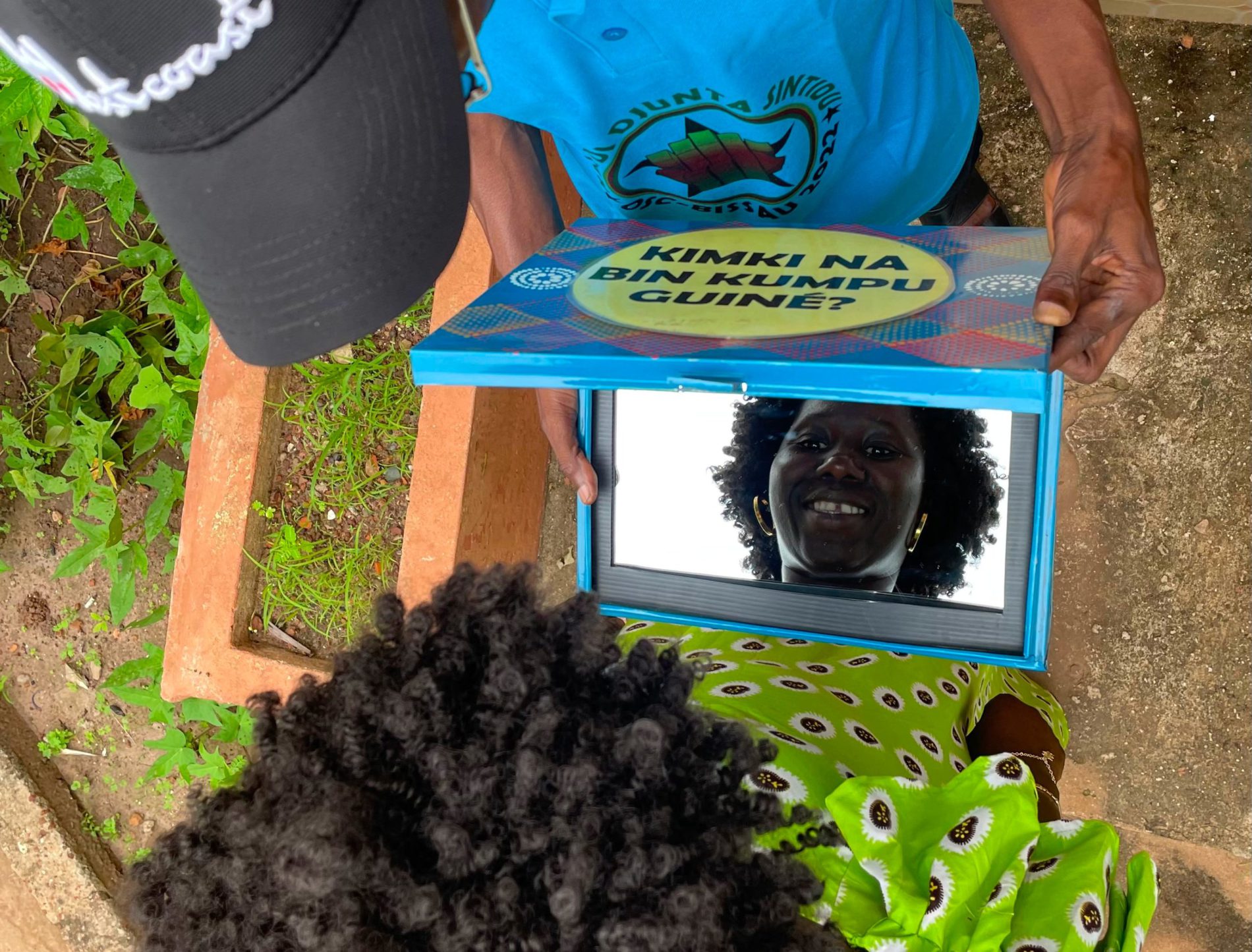


What we do
We strengthen organisations that resolve conflicts non-violently, secure resources and protect human rights. We support grassroots projects of local partners in long-term cooperation to create peaceful living conditions. We provide peace and development workers to work as equal team members in the project. Our methods include peace committees, theatre of the oppressed and peace radio.
Civil Peace Service
The Civil Peace Service (CPS) is a programme for violence prevention, civil conflict transformation and peacebuilding. Together with local partner organisations, nine German peace and development organisations are working towards a world in which conflicts are resolved without violence. CPS peace workers provide long-term support to local people in their commitment for justice, human rights and peace. Currently, around 380 international peace workers are active in about 45 countries. The Civil Peace Service is funded by the German Government.
Who are our partners?
Our projects around the world are those of our local partners. We work with grassroots initiatives and civil society organisations, often far from capital cities. We support them in their efforts to resolve conflicts non-violently, secure resources and protect human rights.
Key selection criteria for partner organisations
- Proximity to disadvantaged groups
- Practical and political involvement
- Active non-violence
- Sufficient professionalism
How does a project come about?
The local organisation applies to WFD for support. Together with the WFD office in Berlin and the country coordinator, the application is developed into a project. Most projects are part of the Civil Peace Service (CPS), which is supported by nine German peace and development organisations and funded by the German Federal Ministry for Economic Cooperation and Development (BMZ).
More information on our projects and countries in German: Get to know our projects worldwide!
Once funding has been approved, we sign a cooperation agreement with the partner organisation. Local project management is responsible for local implementation within the partner’s budget, which includes costs for activities, staff, investments and running costs. WFD Programme Coordination in Berlin monitors progress and provides regular feedback. Programme management controls the use of funds.
More information on quality assurance in German:
What does an integrated peace worker do?
At the request of the partner organisation, we provide a peace and development worker. Together with WFD Programme Coordination, the partner organisation develops the profile and job description and selects the expert. The costs are managed by WFD separately from the partner’s budget.
In our projects, the experts work with the local team on a daily basis. They are motivated by solidarity and the empowerment of disadvantaged groups. They support the project team in all phases of the project work, without representing WFD or being hierarchically superior or subordinate. The advisory services are embedded in joint work processes to which each team member contributes his or her skills. In some cases, the expert designs and delivers training.
Our experts have a wide range of skills. They often advise on
- Social media concept development and methodology training
- Non-violent conflict resolution
- Peace education
- Human rights
- Journalism and conflict-sensitive media work
- Working with traumatised people
- Planning/monitoring/evaluation
- Agricultural ecology
- Advocacy
- Community work
- Networking
- Knowledge management
Depending on the country, experts speak English, Spanish, French or other languages such as Portuguese, Arabic, Swahili, Fula, Kirundi, Shona, Quechua or Burmese.
For more information on what a development services specialist does, click here: https://www.development-worker.org/
Why integrated peace and development worker?
Often, experts are only on site for a short time, and their training remains a foreign body. Integrated peace and development workers typically stay for at least two years, bringing experience from other parts of the world and helping local teams to innovate. A real added value for the partner organisation.
Would you like to work for WFD? You can find our current vacancies here:
Your donation to World Peace Service is tax deductible.
The association is recognised as a charitable organisation under tax number 27/681/51497 and is therefore exempt from corporation tax according to § 5 para. 1 No. 9 KStG.
An exemption certificate from the Finanzamt für Körperschaften I Berlin dated 29 December 2023 is available.
Donation account:
Weltfriedensdienst e.V.
IBAN: DE10 3702 0500 0003 1475 05
BIC: BFSWDE33XXX
(Sozialbank)
